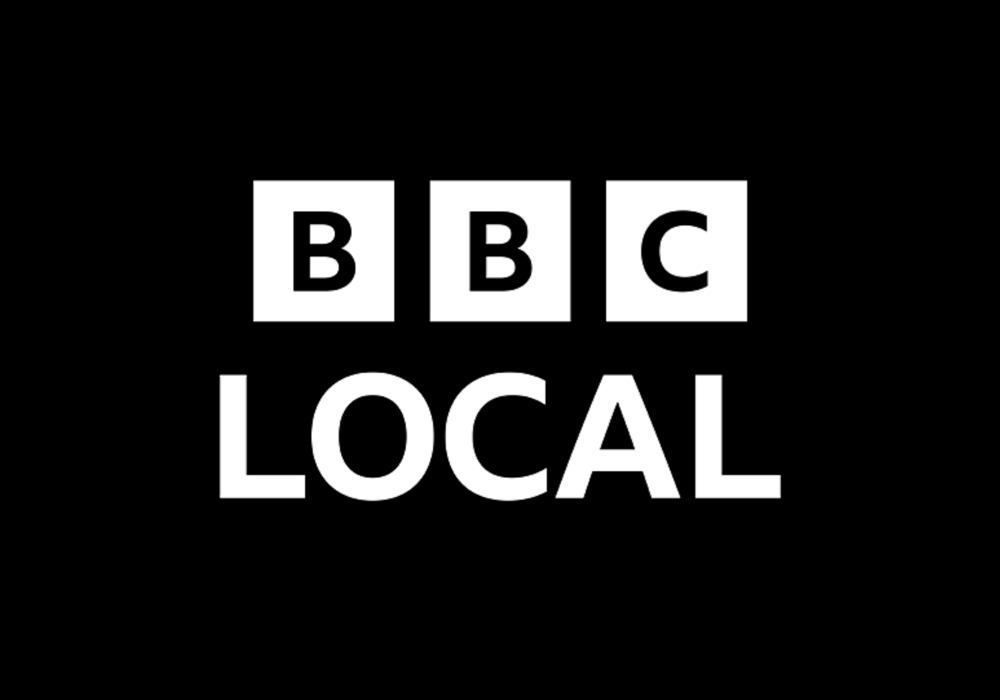New BBC Operating Licence: Ofcom concerned over local radio changes

Ofcom says it is concerned over some of the upcoming programme sharing changes to Local BBC Radio.
In a letter to Clare Sumner (Director, Policy) at the BBC, as part of the new Operating Licence agreement, Ofcom’s Group Director for Broadcasting and Online Content Kevin Bakhurst says he struggled to find specific details on the type of content planned for programme sharing over large areas, and is concerned how the programmes will remain relevant to audiences.
He highlighted the current plans include sharing one programme between areas as wide as Norfolk and Dorset at times when sport is not broadcast in an evening.
Under the proposed new Operating Licence the BBC will also be required to publish more information about how it delivers high quality, distinctive content and services for audiences across the UK. Ofcom will be monitoring the BBC’s performance in this area closely and plan to commission new research to better understand what audiences need and value from local services.
Ofcom also says if it identifies any concerns about the BBC’s provision of local content, it will consider whether further requirements are needed to be added into the Operating Licence.
The regulator has warned the BBC that should any more changes be planned, it expects to know about them beforehand.
There are also concerns over the changes at BBC Radio in Northern Ireland. The BBC told Ofcom that, following feedback, it has now decided that the 30-minute weekday news programme will be broadcast at 8:30am rather than at the current lunchtime slot. It has also said that is it now intends to retain the hourly news bulletins on Radio Foyle until 3pm each weekday.
In addition to this provision on radio, the BBC has said that there will be enhanced digital news coverage in Northern Ireland, including within the area served by BBC Radio Foyle.
The new Operating Licence, which will come into force on April 1st 2023, also holds the BBC to its commitments on local radio in England relating to news and travel, breaking news and major incidents, and its contribution to local democracy.
It also expects the BBC to retain the quota in the operating licence for 100% of content to be speech during the breakfast peak on local radio in England.
There are more than 70 quotas in place across the BBC, including at national stations.
Some of the requirements include:
BBC Radio 1 must have at least 45% of the music in Daytime from UK acts, at least 50% of the music in Daytime is New Music, of which a significant proportion must come from new and emerging UK artists, and have at least 3,129 hours of specialist music each year.
In respect of Radio 2, the BBC must ensure that at least 40% of the music in Daytime is from UK acts, and that at least 20% of the music in Daytime is New Music, of which a significant proportion must come from new and emerging UK artists. It also need to broadcasts at least 68 hours of live music or new specially recorded music (excluding repeats) each year, along with at least 1,100 hours of specialist music programmes
BBC Radio 2 needs to continue playing a broader range of music than comparable providers.
In respect of BBC Radio 5 Live, the BBC must ensure that in each year live commentary is offered on at least 20 sports.
There are also obligations for news, documentaries, arts and social action campaigns.
For the first time, the licence sets comprehensive new requirements on the BBC’s online services – BBC iPlayer, BBC Sounds and the BBC website – which are increasingly important for reaching audiences.
Ofcom says it will rigorously monitor the impact of the all changes to BBC News, local radio in England (including levels of programme-sharing) and local radio in the Nations, and step in to impose additional licence conditions if audience needs are not being met.
